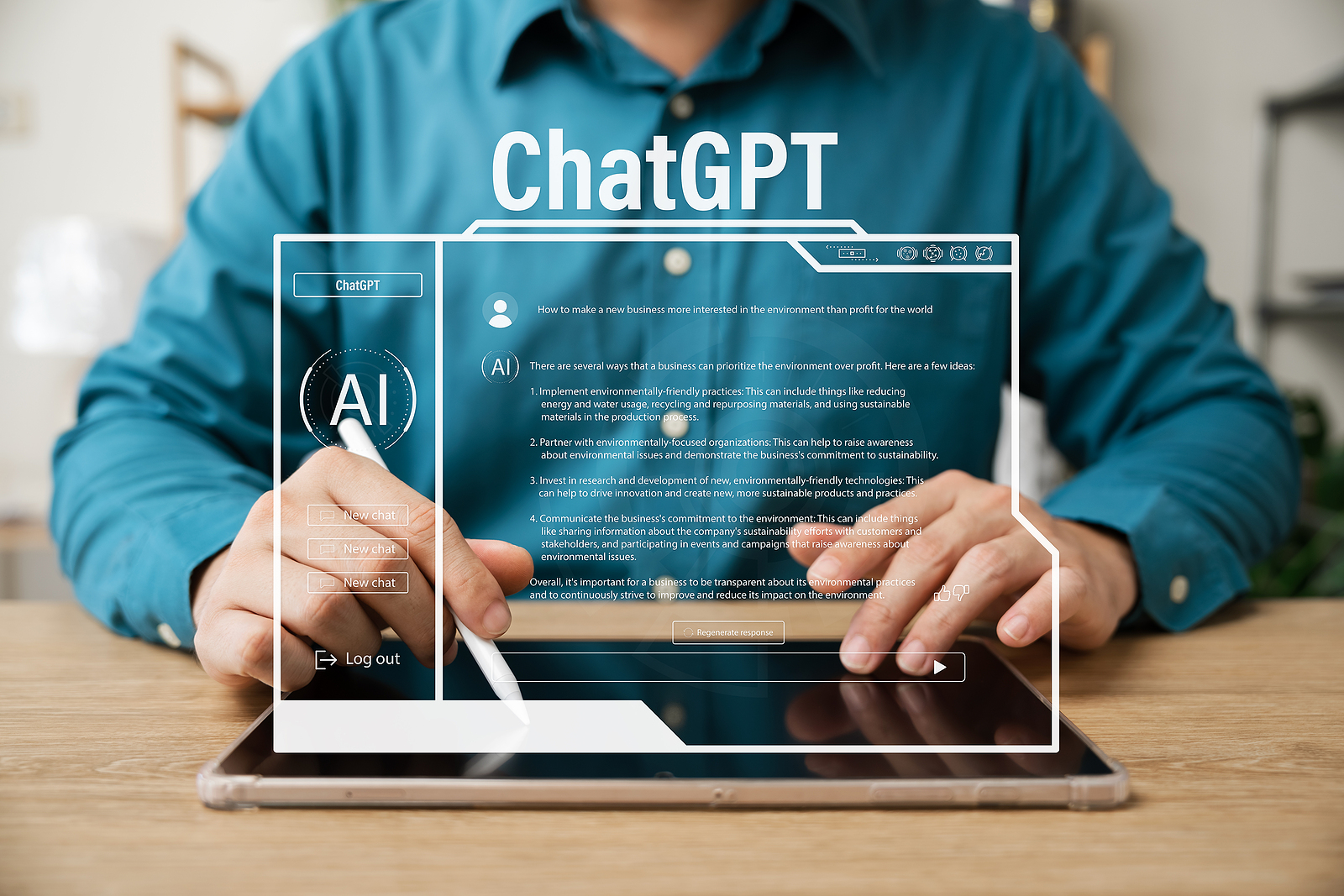
Will AI be useful for bioethics?
Will ChatGPT become a bioethical tool? Possibly, but not at the moment. A forum in The Hastings Center focused on this issue.
Jon F. Merz, a bioethicist at the University of Pennsylvania, asked ChatGPT about the ethics of allowing medical students to do pelvic examinations when women are sedated or anaesthetised. His “chat” was hilarious. Although the AI software did give an adequate account of the ethical issues, it bombed out on the references.
First it listed four references to support its brief essay. Merz found that: “These are all invalid references. The papers do not exist. The links either do not work or go to unrelated papers.” He queried ChatGPT about one of them. It returned five times with slightly altered references – and all of them were wrong. He concludes:
Thus, while we are all figuring out the benefits and risks of using systems such as ChatGPT, it is safe to conclude that it should come with warnings for academic researchers: use with extreme caution and verify everything.
Art Caplan and Lee Igel, both of New York University, were much more optimistic. They performed “ a small, non-scientific experiment” using Sighteer, software developed by an Israeli start-up. They found that it generated accurate 100-word summaries of scholarly bioethics papers and even illustrated them with AI art.
They acknowledge that AI-generated text is not always trustworthy – at the moment. But their view is that it could be unethical not to use AI:
… is it irresponsible, even with human oversight and some need for revision, to disregard generative AI now that we know it is available and can do some impressive work? Is it irresponsible not to use it when more activity can be offloaded to it and return professionals to the core of their work rather than paperwork and busywork? And what about the moral obligation of professionals to make their scientific knowledge available to as many people as possible?
… With moral and responsible integration, the human-AI relationship may be able to bridge gaps that have hindered improvements in individual and public health. Making scholarly research more accessible to the larger public is one way to do this.
